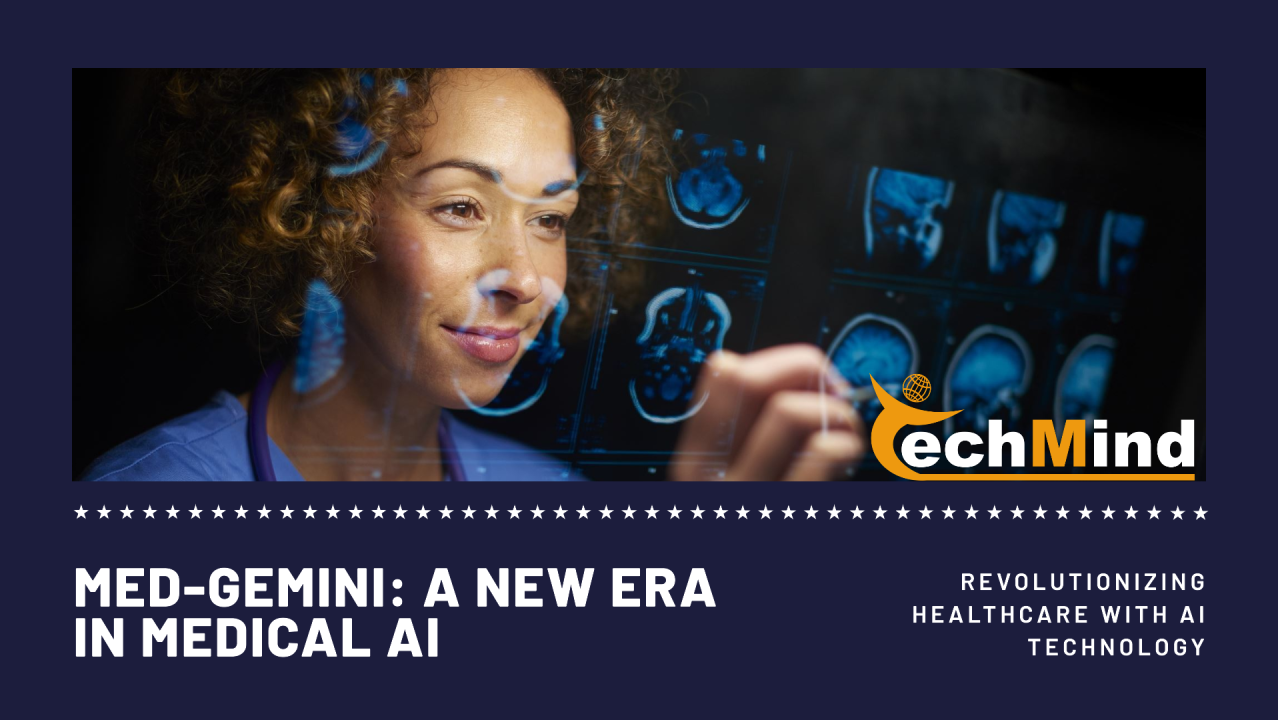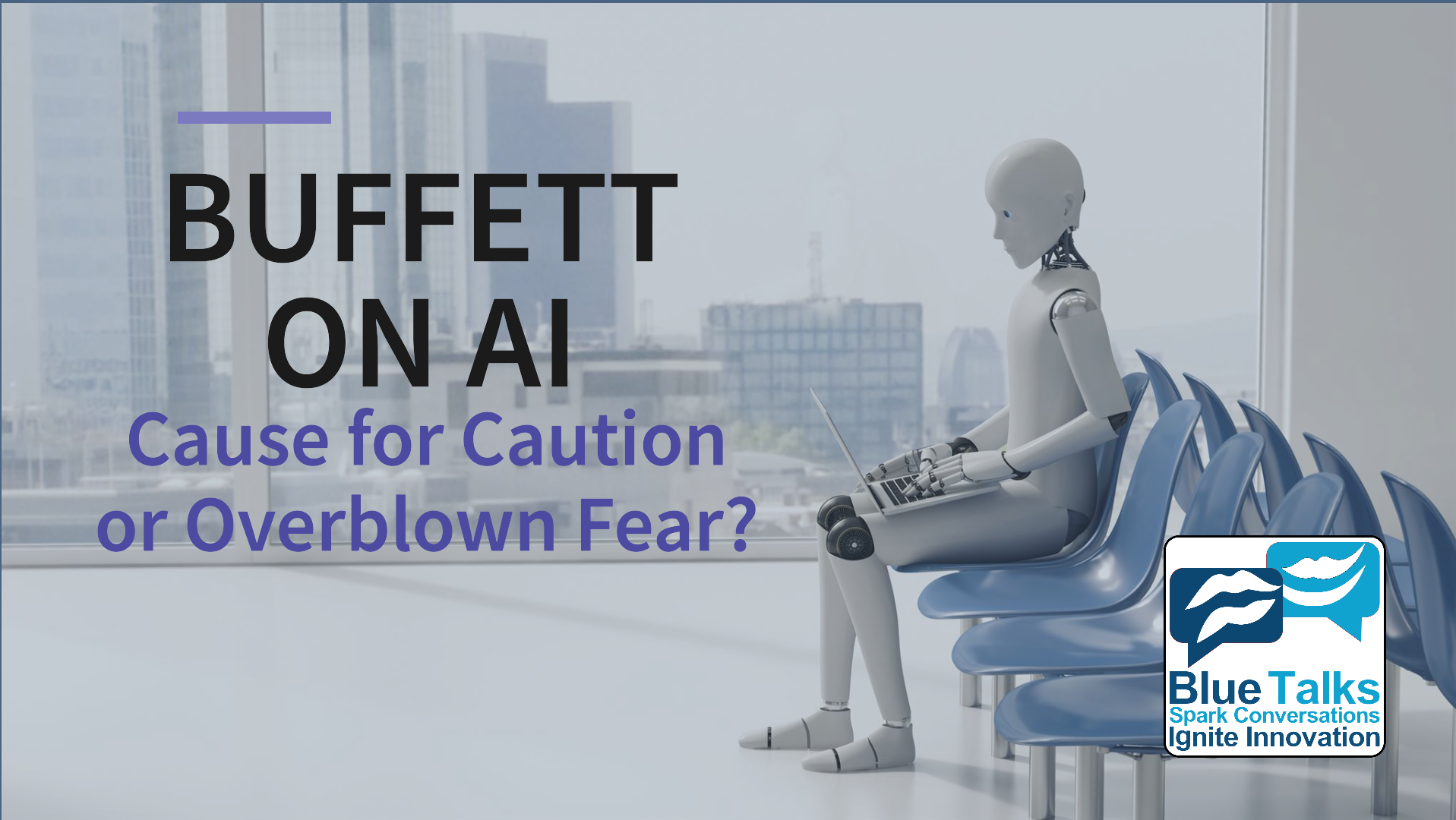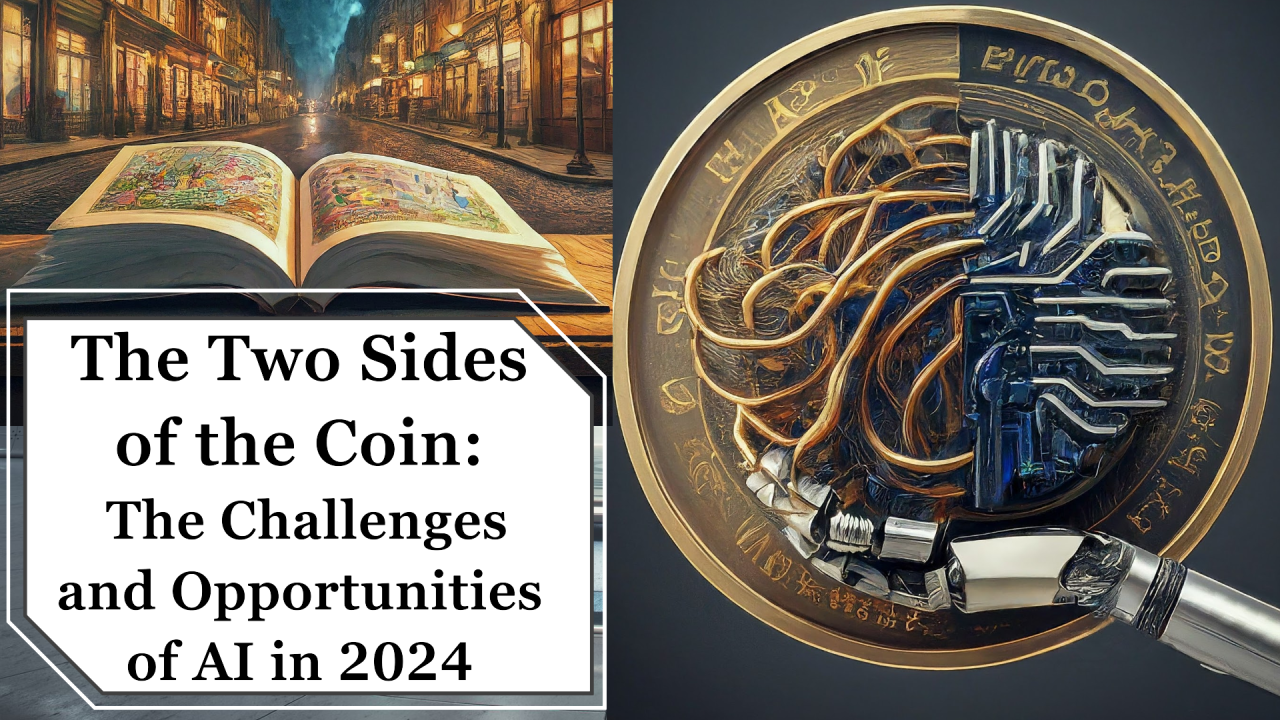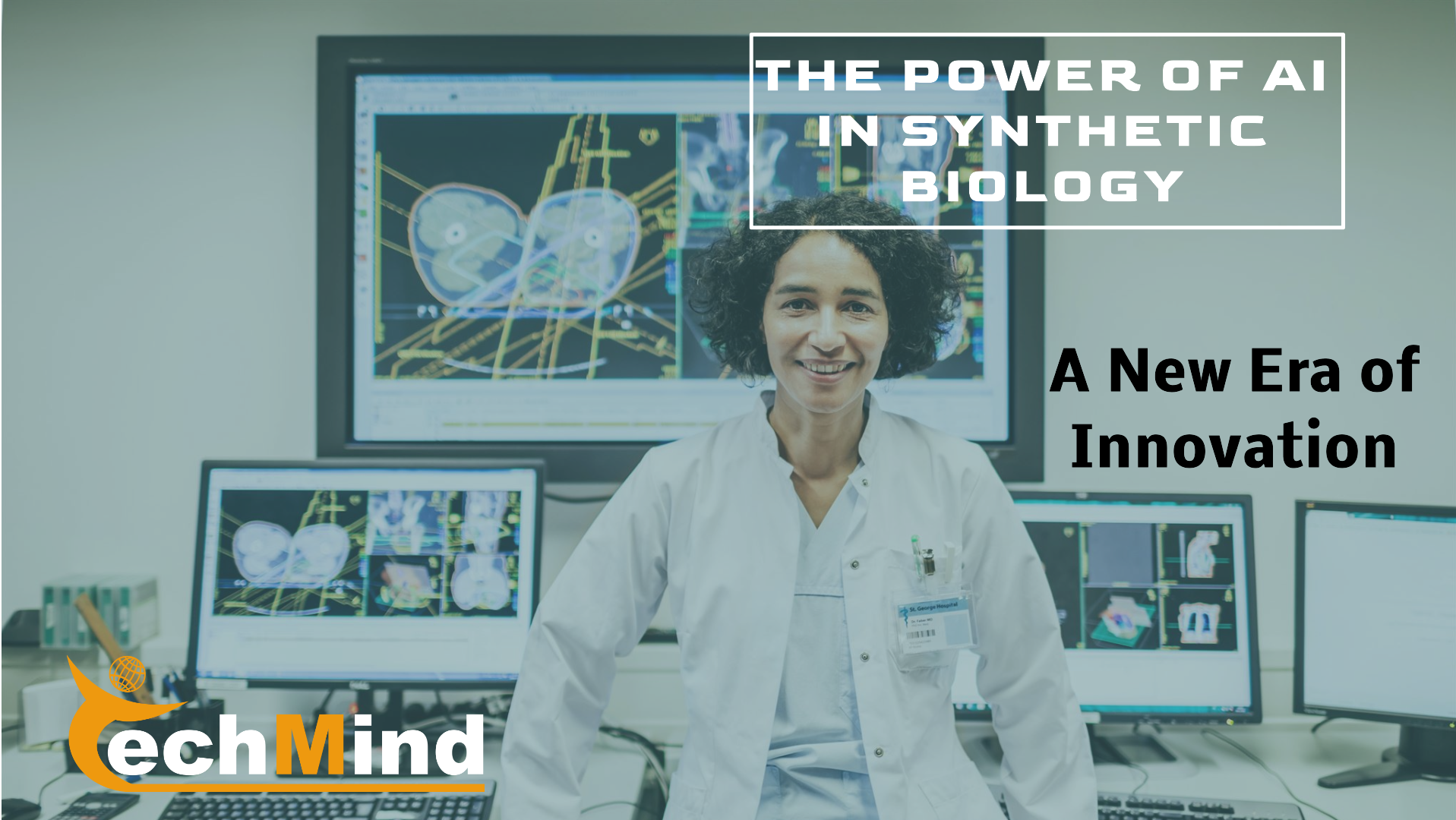The field of medical artificial intelligence (AI) is rapidly evolving, promising to revolutionize healthcare delivery and patient outcomes. Google’s recent introduction of the Med-Gemini AI model has sent shockwaves through the industry, with claims of surpassing current benchmarks in medical diagnosis and reasoning.
What is Med-Gemini?
Med-Gemini isn’t a single AI, but rather a family of AI models built upon Google’s foundational Gemini models. These models are known for their “multimodality,” meaning they can process and understand information from various sources, including text, images, audio, and video. Med-Gemini takes this a step further by specializing in medical data, including electronic health records (EHRs), medical images, and even patient videos.
What Makes Med-Gemini Different?
Here are some key features that differentiate Med-Gemini from existing medical AI models:
- Long-Context Reasoning: Med-Gemini excels at analyzing large amounts of data, allowing it to consider a patient’s entire medical history when making decisions. This “long-context reasoning” allows for a more nuanced understanding of a patient’s condition.
- Multimodal Data Processing: As mentioned before, Med-Gemini can process information from various sources. This enables it to analyze not just medical records, but also images, videos, and potentially even audio recordings of doctor-patient interactions.
- Focus on Explainability: Unlike some “black box” AI models, Google claims Med-Gemini is designed to be explainable. This allows healthcare professionals to understand the reasoning behind its recommendations, fostering trust and collaboration.
Potential Applications:
Med-Gemini’s capabilities could have a significant impact on various areas of healthcare, including:
- Improved Diagnosis: By analyzing vast amounts of data, Med-Gemini could aid in identifying potential illnesses or recommending further tests.
- Personalized Medicine: Tailoring treatment plans based on a patient’s unique medical history and potential genetic factors.
- Clinical Decision Support: Assisting healthcare professionals by providing real-time insights and recommendations during patient consultations.
- Medical Research: Accelerating research by analyzing vast datasets and identifying patterns that humans might miss.
Challenges and Concerns:
Despite its promise, there are challenges to consider:
- Data Privacy: Ensuring patient data security and privacy remains paramount when dealing with sensitive medical information.
- Regulatory Requirements: Medical AI models need to meet stringent regulatory standards to ensure their validity and safety for clinical use.
- Ethical Considerations: Potential biases in the training data used to create Med-Gemini need to be addressed to avoid unfair outcomes.
The Road Ahead
Med-Gemini represents a significant step forward in medical AI. While navigating the challenges and ethical considerations remains crucial, the model’s capabilities offer a glimpse into a future where AI can significantly enhance healthcare delivery, leading to better diagnoses, faster treatment plans, and ultimately, improved patient outcomes.
It’s important to note that Med-Gemini is still under development, and its long-term impact on healthcare remains to be seen. However, it presents a promising vision for how AI can revolutionize medicine.
#AIhealthcare , #AIclimatechange, #AIeducation , #A, #ArtificialIntelligence, #MedicalAI, #HealthcareAI, #MachineLearning, #DeepLearning, #Healthcare, #HealthTech, #MedicalTechnology, #Diagnosis, #TreatmentPlanning, #MedicalResearch, #GoogleMedGemini, #MedGeminiAI, #MultimodalAI, #LongContextReasoning, #ExplainableAI, #FutureofMedicine, #ClinicalDecisionSupport, #PersonalizedMedicine, #DataPrivacy, #AIethics, #RegulatoryApproval



